In the arid landscapes of Israel, a quiet agricultural revolution has been taking place for decades. Among the many crops that have thrived under innovative farming techniques, cherry tomatoes stand out as a shining example of how technology and determination can turn challenging conditions into a competitive advantage. The story of Israeli drip-irrigated cherry tomatoes is not just about agriculture; it's a narrative of resilience, precision, and flavor that has captured global markets.
The journey begins with the harsh reality of Israel's natural environment. With limited freshwater resources and large stretches of desert, traditional farming methods simply wouldn't suffice. This challenge led to the development of drip irrigation systems that would later transform agriculture worldwide. For cherry tomatoes—a crop demanding careful water management—this technology proved particularly transformative.
What makes Israeli cherry tomatoes different starts beneath the soil. The drip irrigation systems deliver water and nutrients directly to the plant roots through an extensive network of tubes and emitters. This method achieves near-perfect efficiency, using up to 70% less water than conventional irrigation while preventing the moisture fluctuations that can cause tomatoes to split or develop unevenly. The results are visible in the final product: consistently plump, sweet cherry tomatoes with firm flesh and vibrant color.
Beyond water conservation, Israeli growers have perfected the art of greenhouse cultivation for cherry tomatoes. Advanced climate control systems maintain ideal temperature and humidity levels year-round, while specialized netting protects the delicate fruits from pests without resorting to excessive pesticides. Some forward-thinking farms have even incorporated data analytics, using sensors to monitor plant stress indicators and adjust growing conditions in real time.
The flavor profile of these cherry tomatoes has become their trademark. Grown under near-optimal conditions, they develop a remarkable sugar-acid balance that makes them favorites among chefs and food enthusiasts. The concentration of flavors is so pronounced that many European supermarkets specifically seek out Israeli cherry tomatoes during winter months when local production dwindles.
Export markets have taken notice of this success. Israel now ships cherry tomatoes to over forty countries, with particular demand in Europe where consumers appreciate the consistent quality. The growing season is carefully timed to complement rather than compete with local European production, creating a symbiotic relationship in the global tomato market.
Behind this agricultural achievement lies a network of research institutions working closely with farmers. The Volcani Institute and various university agricultural programs continuously refine growing techniques, develop new cherry tomato varieties, and improve post-harvest handling. This collaboration ensures that Israeli growers stay ahead of challenges like climate change and evolving pest pressures.
Labor practices on these farms tell another part of the story. While automation handles much of the irrigation and climate control, skilled workers still perform most harvesting by hand to ensure each cherry tomato is picked at peak ripeness. This human touch, combined with technological precision, creates a unique blend of traditional farming wisdom and cutting-edge innovation.
The environmental impact of this agricultural model deserves attention. By dramatically reducing water usage and minimizing chemical runoff, drip-irrigated cherry tomato production sets a standard for sustainable intensive agriculture. Some farms have gone further by incorporating solar power and recycling all agricultural wastewater, pushing the boundaries of what environmentally responsible farming can achieve.
Looking to the future, Israeli agricultural experts are experimenting with next-generation technologies for cherry tomato production. Vertical farming trials aim to increase yield per square meter while reducing land use, and new breeding programs focus on developing varieties that require even less water without compromising taste. These innovations may soon influence how tomatoes are grown in urban environments and space-limited regions worldwide.
The success of Israeli drip-irrigated cherry tomatoes offers lessons that extend far beyond agriculture. It demonstrates how constraints can drive innovation, how technology can enhance natural processes without replacing them, and how a small country can make an outsized impact on global food systems. As climate change makes water scarcity an increasing concern worldwide, these lessons grow ever more relevant for farmers everywhere.
From the Negev desert to dinner tables across continents, each sweet, juicy cherry tomato carries with it a story of human ingenuity overcoming geographical challenges. They serve as edible proof that with the right combination of technology, knowledge, and dedication, even the most unlikely places can become breadbaskets—or in this case, tomato baskets—for the world.
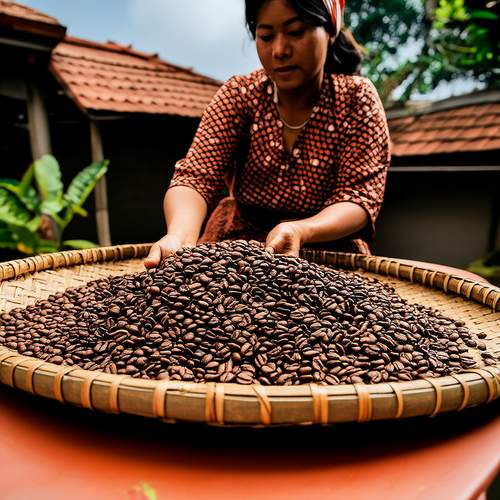
By /May 26, 2025
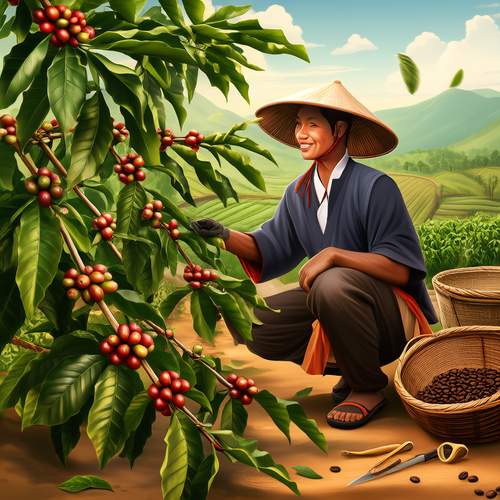
By /May 26, 2025

By /May 26, 2025

By /May 26, 2025
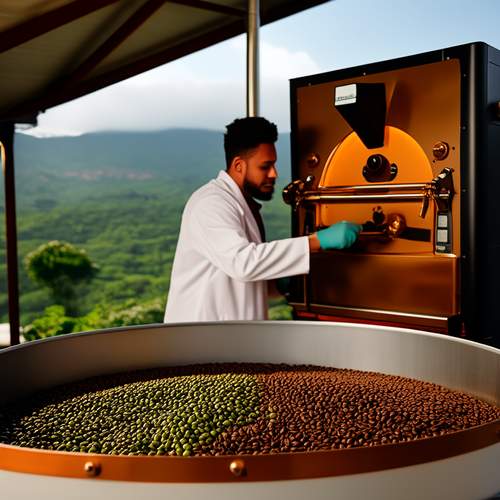
By /May 26, 2025

By /May 26, 2025

By /May 26, 2025

By /May 26, 2025
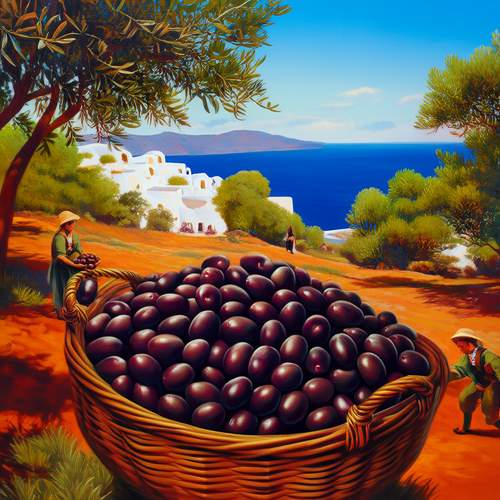
By /May 26, 2025
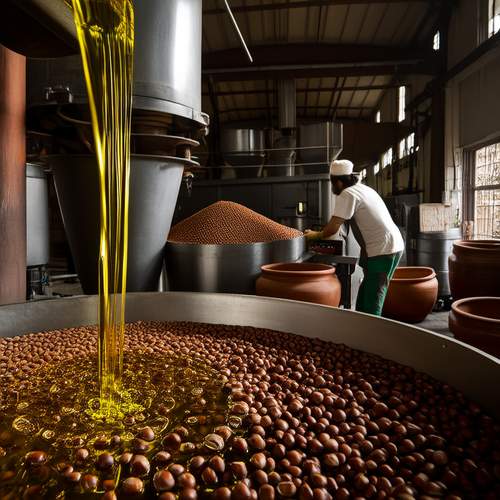
By /May 26, 2025
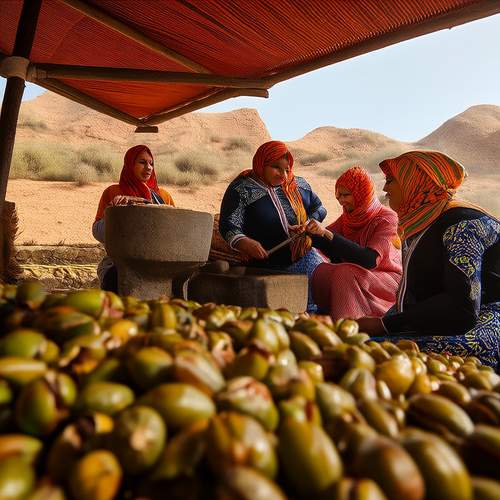
By /May 26, 2025

By /May 26, 2025
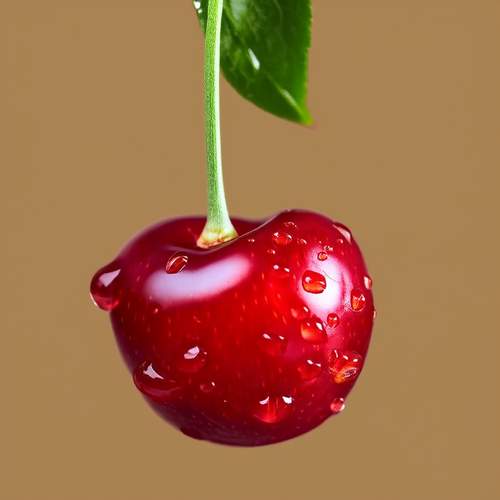
By /May 26, 2025
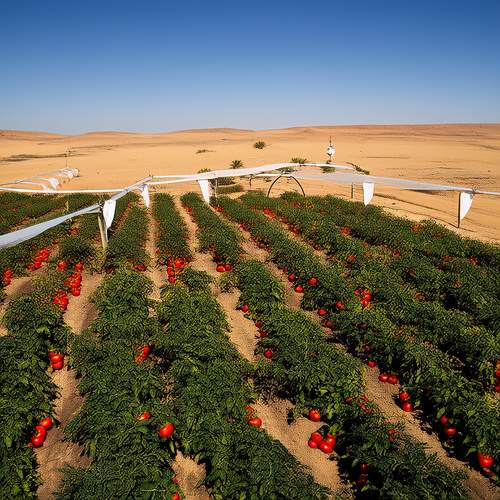
By /May 26, 2025
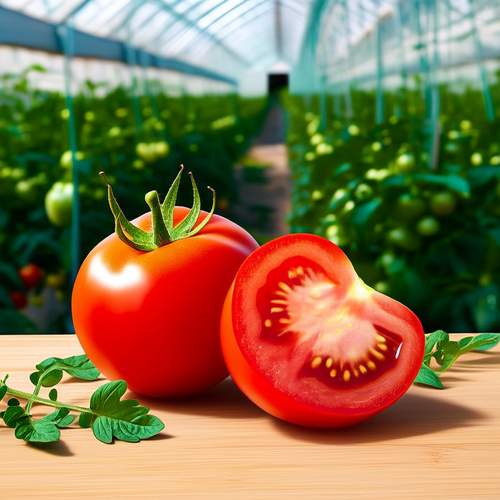
By /May 26, 2025
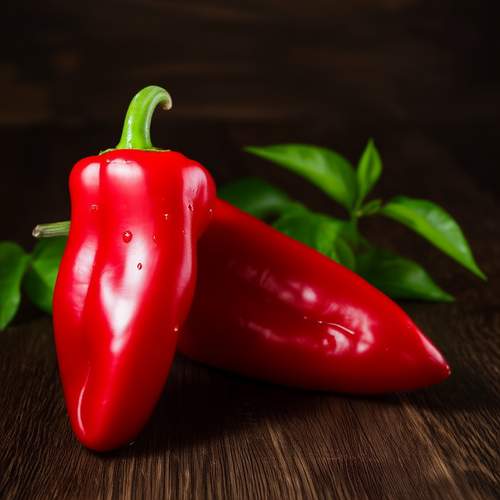
By /May 26, 2025
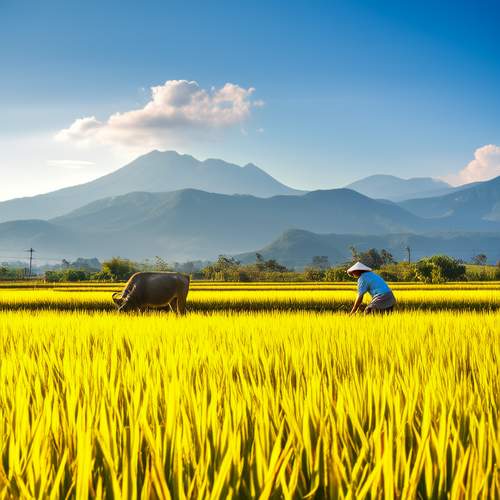
By /May 26, 2025
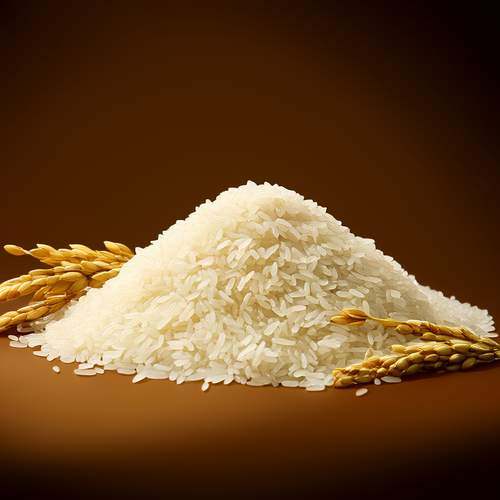
By /May 26, 2025

By /May 26, 2025
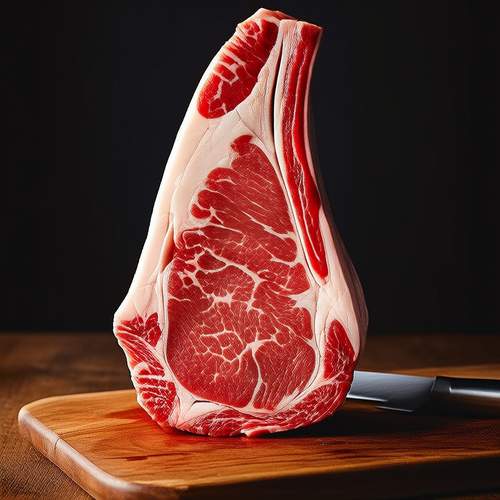
By /May 26, 2025